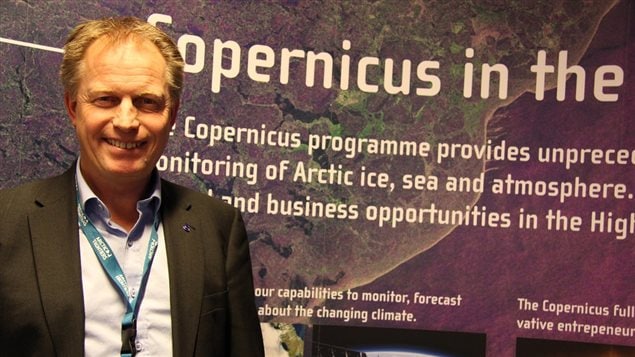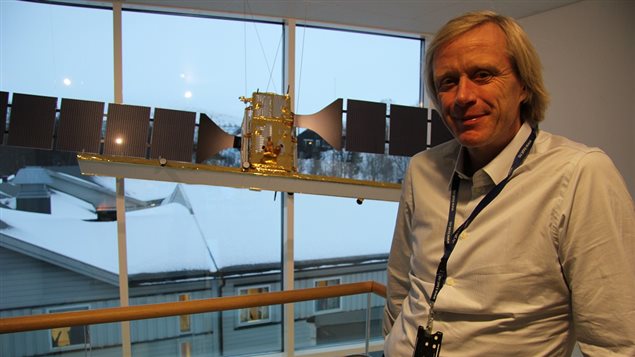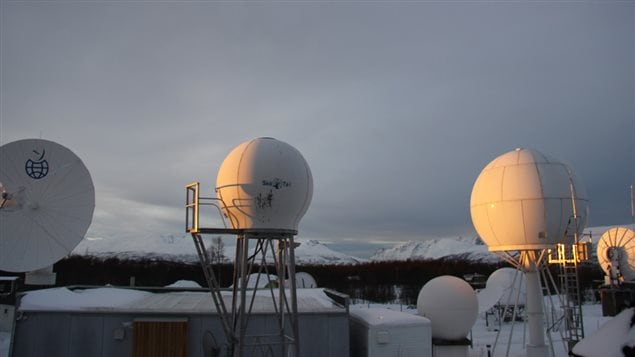While not the subject of any particular speaker, panel, or general discussion, our journalist on site at the tenth annual Arctic Frontiers conference in Tromso Norway, has found that the topic of satellites is often in the background of many discussions.
Listen
Because of the vast distances and remoteness of any Arctic venture there is a difficulty of communication
Also because of often harsh, difficult and dangerous weather conditions, the ability to warn and advise of such things is also complicated.
Also because of the remoteness, there has been an inability to monitor activities for compliance with regulations, whether national or international.
The only way to do any of these, is through satellites.

The technology has greatly improved in the past few years such that travel through ice-laden water can be better controlled for example, as well as things like much better monitoring of activities for compliance with laws, especially in connection with environmental laws. And of course improved study of various conditions for scientific research and measurement, including such things as ice coverage and melting.

The general consensus is that many more satellites are needed, but the question of who will pay for them remains.







For reasons beyond our control, and for an undetermined period of time, our comment section is now closed. However, our social networks remain open to your contributions.